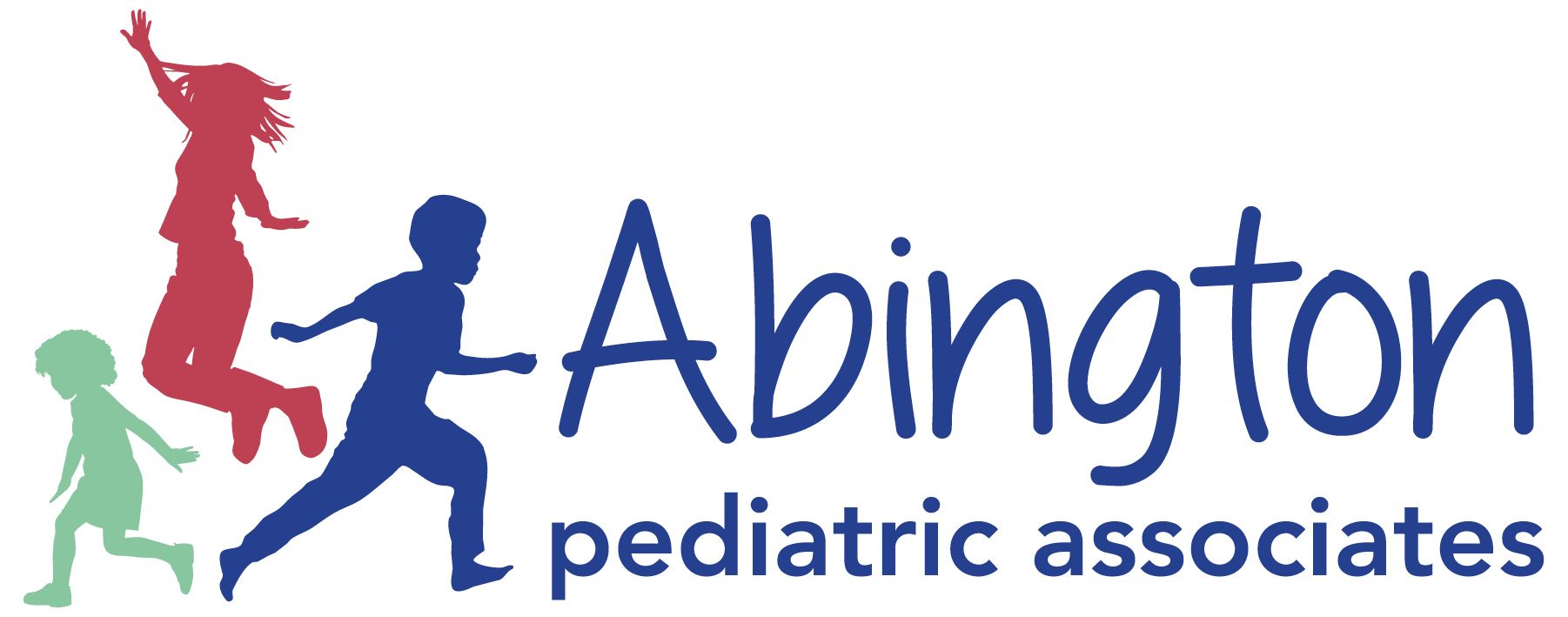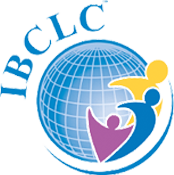Other Services
Chronic Care Management
We are here to support you!
If your child has a disability or a chronic illness, your journey may feel like the road less traveled. You probably have interactions with many different professionals and specialists. You need information, assistance, understanding, and support.
We're here to help.
If your child has significant medical needs, we will partner with you to help you manage your child's condition. We look forward to getting to know you and your child, and will be your dedicated point of contact through this journey.
ADHD/ADD Evaluations
Evaluate And Diagnosis Of Symptoms
Our trained professional staff will do the initial evaluation if you think your child is having problems with focusing and attention. We also continue to treat your child after the initial diagnosis has been made.
The ultimate goal in the treatment of ADHD/ADD is to make your child as successful as possible in all aspects of his/her life.
ADHD FAQs
WHAT IS ADHD?
Children with attention-deficit hyperactivity disorder or ADHD have differences in their brains than those who don’t have ADHD. Certain areas of their brain may mature more slowly. Additionally, children with ADHD have imbalances in neural networks and neurotransmitters, the chemicals that nerves use to communicate.
Knowing that ADHD has a neurological basis is important because it helps parents understand that their child isn’t disobedient or oppositional on purpose. Instead, children with ADHD need help to learn to control their behavior.
The brain differences are also important because they occur in specific areas responsible for skills such as self-regulation, organization, working memory, problem-solving, reasoning, and time perception. The brain areas affected determine your child’s ADHD symptoms.
WHAT SYMPTOMS DEVELOP DUE TO ADHD?
ADHD symptoms fall into three categories: inattentiveness, hyperactivity, and impulsivity. Some children may only struggle with inattention, while others have trouble with two or three categories.
Each child has a different range and severity of symptoms. However, their symptoms are severe enough to affect their performance at school, at home, and when socializing.
When children struggle with inattention, they:
- Can’t pay attention at school or while playing
- Have difficulty organizing tasks
- Avoid tasks requiring mental effort
- Lose important items
- Forget to do homework and chores
When children struggle with hyperactivity and impulsivity, they:
- Fidget, squirm, or get out of their seat during class
- Run or climb when it’s inappropriate
- Talk excessively and interrupt conversations
- Have a hard time waiting for their turn
- Act or speak without thinking
Children and adolescents with ADHD also have problems with working memory. Working memory allows them to hold several pieces of information in their head long enough to use them to plan, do calculations, or to coordinate one activity with another.
HOW DO YOU DIAGNOSE AND TREAT ADHD?
To evaluate and diagnose ADHD, our professional team use tools such as a checklist of symptoms, talking with parents and children about their challenges, and questionnaires completed by parents and teachers. Your child also has a thorough physical exam to be sure another problem is not the cause of their symptoms.
Once your child has an ADHD diagnosis, their pediatrician at our office prescribes treatment and schedules regular follow-up appointments to monitor their progress.
Your pediatrician may recommend conventional and/or holistic treatments, depending on each child’s needs. For example, your child may improve with a combination of medication, dietary changes, and behavioral support.
If you or your child’s teacher are concerned about your child’s inattentive, hyperactive, or impulsive behaviors, call our office to schedule an ADHD evaluation.
Sports Physicals
Sports physicals are different from the typical well-child checkup because their goal is to be sure your child can safely enjoy sports without risking harm to their body.
- Ensure your child is prepared for vigorous physical activity
- Gather information on your child’s health and development
- Watch for potential warning signs of serious illness
- Meet the requirements of your child’s school, camp, or sports team
- Identify possible risk factors with a certain sport
- Receive advice on avoiding injuries
Regular physicals are an important part of preventative pediatric care. Getting your child an sports physical gives the doctor the opportunity to examine your child, evaluate their health and fitness, and determine whether or not they are prepared for sports or school activities.
Annual physicals however, even when not required by a certain organization, should be a part of your child’s ongoing healthcare because they also provide an important opportunity to discuss your child’s development and any concerns you may have.
Sports Physicals FAQs
What is a sports physical?
Every child or teen who wants to play in a sport or engage in other school activities like cheerleading must have a sports physical or a preparticipation physical examination. They also need a sports physical to clear them to return to their activities if they suffer an injury or become ill during the season.
The purpose of a sports physical is to be sure your child can safely participate in sports. Suddenly starting high-intensity workouts and engaging in competitive sports can quickly aggravate a pre-existing problem or lead to a preventable injury when an exam discovers potential problems.
Although a sports physical may find a problem that prevents your child from participating, in most cases, the examination results guide decisions. The exam reveals problems that Abington Pediatric Associates can treat before your child starts a sport, and shows if your child needs extra training to get in shape to safely participate.
Why is a child’s medical history important?
Children and parents use a medical history form to provide information about:
- Chronic illnesses such as asthma, diabetes, or epilepsy
- Hospitalizations or surgeries
- Past injuries such as concussions, sprains, or fractures
- Problems with dizziness, chest pain, or breathing during exercise
- Medications and supplements
- Allergies
- Family history of serious illnesses
A complete medical history helps your doctor determine if your child has a condition that sports activities might aggravate.
If your child needs any type of physical, call our office or schedule an appointment online.
Ear Piercing
We are happy to offer this service to our patients.
We recommend ear piercing occur after 9 months old. Waiting until children are 9 months old ensures that they have had their first set of vaccines and allows the ear to grow big enough to allow for accurate placing of the earing. We want to make sure that this elective procedure carries as little risk to your child as possible. For FAQ, please click here.
We do ear piercing by appointment only and not as an "add-on" to another sick or well visit. This allows enough time to perform the procedure, explain and answer questions about the aftercare, and allows the numbing cream to take effect.
We charge $70 to pierce up to 2 ears. This price includes the piercing studs.

